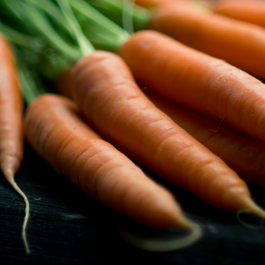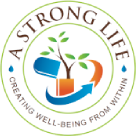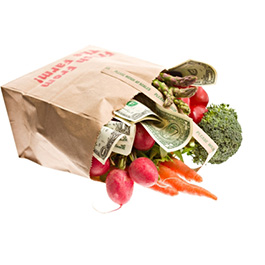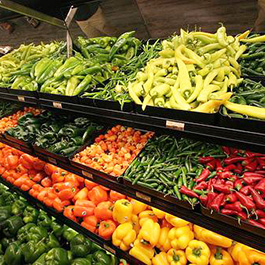Let’s start by looking at how the U.S. Department of Agriculture defines Organic… On October 21, 2012 the USDA ruled that only foods certified as at least 95 percent organic – will be generally grown without synthetic pesticides, artificial fertilizers, irradiation (a form of radiation used to kill bacteria), or biotechnology (genetically modified organisms aka… Continue reading Organic ~ What does that mean?
Organic ~ What does that mean?







